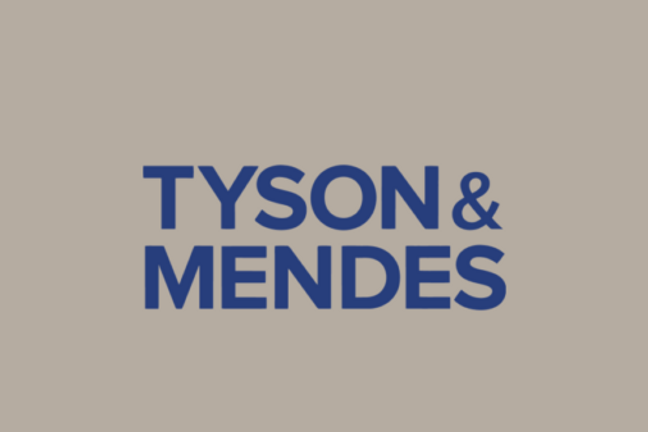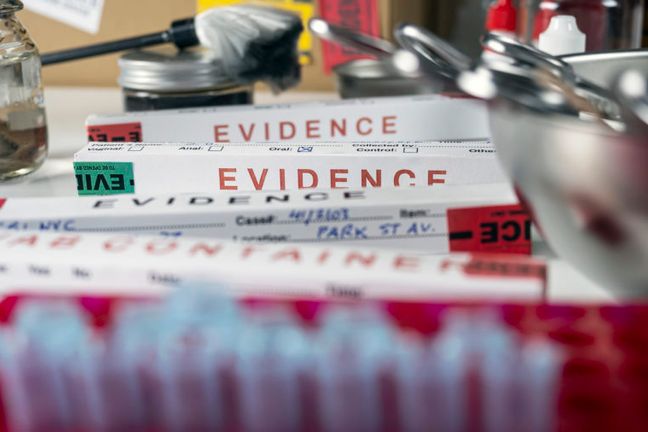Although the Supreme Court held in Howell v. Hamilton Meats & Provisions, Inc. (2011) 52 Cal. 4th 541 that an insured personal injury plaintiff is limited to recovering the lesser of what is actually paid or the reasonable value of medical services, there is a continuing need for medical billing audits. Why? Because plaintiff’s attorneys want more money and will stop at nothing to circumvent the Howell decision. The latest tactic when a plaintiff has private health insurance or Medicare/Medi-Cal is to simply not bill the insurance for the treatment and have the provider sell off its lien to a third party “factoring” company who then assumes the risk of recovery from the defendant. Even in cases where private health insurance has paid for the treatment, many judges either disagree with the Howell decision or simply do not understand it and continue to allow plaintiffs to present evidence of the “billed” charges as the reasonable value of the care provided.
According to Nancy Michalski, RN, a medical billing expert, personal injury litigation is an alternative universe where “billed” charges actually have any significance. The real world uses actual medical marketplace pricing as the benchmark for determining reasonable value. The reasonable value is derived from a number of sources including national pricing databases which are a composite of amounts actually paid based on ICD-10 codes (International Classification of Diseases) and service classification: professional services, inpatient, outpatient, medications, and durable medical equipment. Secondary databases may also be used to establish reasonable value at a community level by comparing charges and amounts paid at several local hospitals. Because reasonable value is not tied to any health plan fee schedule it does no run afoul of the collateral source rule. In fact, reasonable value is what private health care plans, health maintenance organizations, preferred provider organizations and Medicare use as the benchmark for setting prices.
The defense should consider retaining a medical billing expert in any case where a medical lien is being asserted whether the Plaintiff is insured or not. A medical billing expert should also be retained in cases with high medical bills (>$100k); cases with high surgery charges; spine injuries; and where surgery centers are involved. This is so because some medical providers artificially inflate charges for casualty carriers. For example, Ms. Michalski cites an example of a casualty carrier being charged $11, 600 for an epidural injection which would otherwise have been billed out at $1,665.00 and paid by private health insurance at a negotiated contractual rate of $668.00.
It is also important to appreciate just because a medical bill has been paid by private health insurance does not necessarily mean the amount paid was the reasonable value of the service. Unscrupulous medical providers are adept at “unbundling” charges and manipulating billing codes to overcharge for services. For example, a provider will bill a la carte services for diagnostic procedures which would otherwise be coded to an all-inclusive code to maximize reimbursement from third party payors. This practice is especially rampant in the workers’ compensation setting where providers try to circumvent the statutory fee schedule. A medical billing expert should also be utilized in any case where a recovery company is involved such as The Rawlings Group utilized by Kaiser. In Ms. Michalski’s experience, the lien amounts provided by Rawlings are not reliable. Accordingly, it is good practice to obtain copies of the actual Kaiser bills and cancelled checks for any outside treatment paid to a non-Kaiser facility.
The value of a medical billing audit to the defense cannot be understated. It can strengthen the defense position at the negotiating table, encourage early resolution, and prevent runaway jury verdicts. At Tyson & Mendes, we always recommend giving a defense number even when liability is disputed. A medical billing expert who presents testimony regarding reasonable value as a concept rooted in methodology and utilized in the private healthcare industry gives the jury something they can relate to providing the jury a foundation to gravitate towards the defense number rather than the plaintiff’s number based on fantasy. In other words, as Ms. Michalski would say, “jurors get it.”
ABOUT THE AUTHOR: David Kahn specializes in civil litigation in the areas of personal injury, professional liability, general liability, and employment litigation. Contact David at 858.459.4400 or dkahn@tysonmendes.com.
Download Article Here: The Need For Medical Billing Audits in a Post Howell Alternative Universe

 Author: David Kahn
Author: David Kahn
 Cannabis Workers Allege Quota to Trim 4 Pounds a Day Violates the California Labor Code
Cannabis Workers Allege Quota to Trim 4 Pounds a Day Violates the California Labor Code
 The Ninth Circuit Reminds Us: Every Word Matters
The Ninth Circuit Reminds Us: Every Word Matters
 NO WAY, PRO SE! The Consequences of Abusing the Judicial System as a Pro Se Litigant in Colorado
NO WAY, PRO SE! The Consequences of Abusing the Judicial System as a Pro Se Litigant in Colorado
 Victim of Financial Mismanagement or Unlawful Retaliation? New Jersey City University Program Founder Claims School Retaliated After Reporting Alleged Sexual Harassment
Victim of Financial Mismanagement or Unlawful Retaliation? New Jersey City University Program Founder Claims School Retaliated After Reporting Alleged Sexual Harassment
 “Real Housewives” Gets a Reality Check
“Real Housewives” Gets a Reality Check
 Missing a Chapter: Insufficiency of Expert Deposition Testimony in Medical Malpractice Litigation
Missing a Chapter: Insufficiency of Expert Deposition Testimony in Medical Malpractice Litigation
 Crash Course: Why Summary Judgment Misses the Mark in Illinois Multi-Cause Limousine Crash Collision
Crash Course: Why Summary Judgment Misses the Mark in Illinois Multi-Cause Limousine Crash Collision
 Bitter Truths: Lead, Cadmium, and Defective Pleadings in California Chocolate Class Action
Bitter Truths: Lead, Cadmium, and Defective Pleadings in California Chocolate Class Action
 The Law of Unintended Consequences: Including Insurance Brokers in Litigation Strategy Communication May Waive the Attorney-Client Privilege
The Law of Unintended Consequences: Including Insurance Brokers in Litigation Strategy Communication May Waive the Attorney-Client Privilege
 Supreme Court May Need to Review Covid-19 Loss Coverage in California
Supreme Court May Need to Review Covid-19 Loss Coverage in California
 Howell v. Hamilton Meats & Provisions Continues to Deliver Justice for California
Howell v. Hamilton Meats & Provisions Continues to Deliver Justice for California
 “Take-Home” COVID-19 Cases to Go to California Supreme Court
“Take-Home” COVID-19 Cases to Go to California Supreme Court
 Police Reports Are Often Inadmissible – But Not Always…
Police Reports Are Often Inadmissible – But Not Always…
 California Supreme Court Holds Dynamex ABC Test Applies Retroactively
California Supreme Court Holds Dynamex ABC Test Applies Retroactively
 Medi-Cal Liens Not Preempted by Federal Medicaid Anti-Lien Statute
Medi-Cal Liens Not Preempted by Federal Medicaid Anti-Lien Statute
 Is In-House Counsel’s Legal Advice Privileged in California if Shared with Non-Lawyers?
Is In-House Counsel’s Legal Advice Privileged in California if Shared with Non-Lawyers?
 Reasonable Minds May Differ When it Comes to Interpretation of Philadelphia’s Insurance Policy Exclusions
Reasonable Minds May Differ When it Comes to Interpretation of Philadelphia’s Insurance Policy Exclusions
 Update: California District Court Upholds Previous Dismissal of Wife’s COVID-19 Civil Suit
Update: California District Court Upholds Previous Dismissal of Wife’s COVID-19 Civil Suit